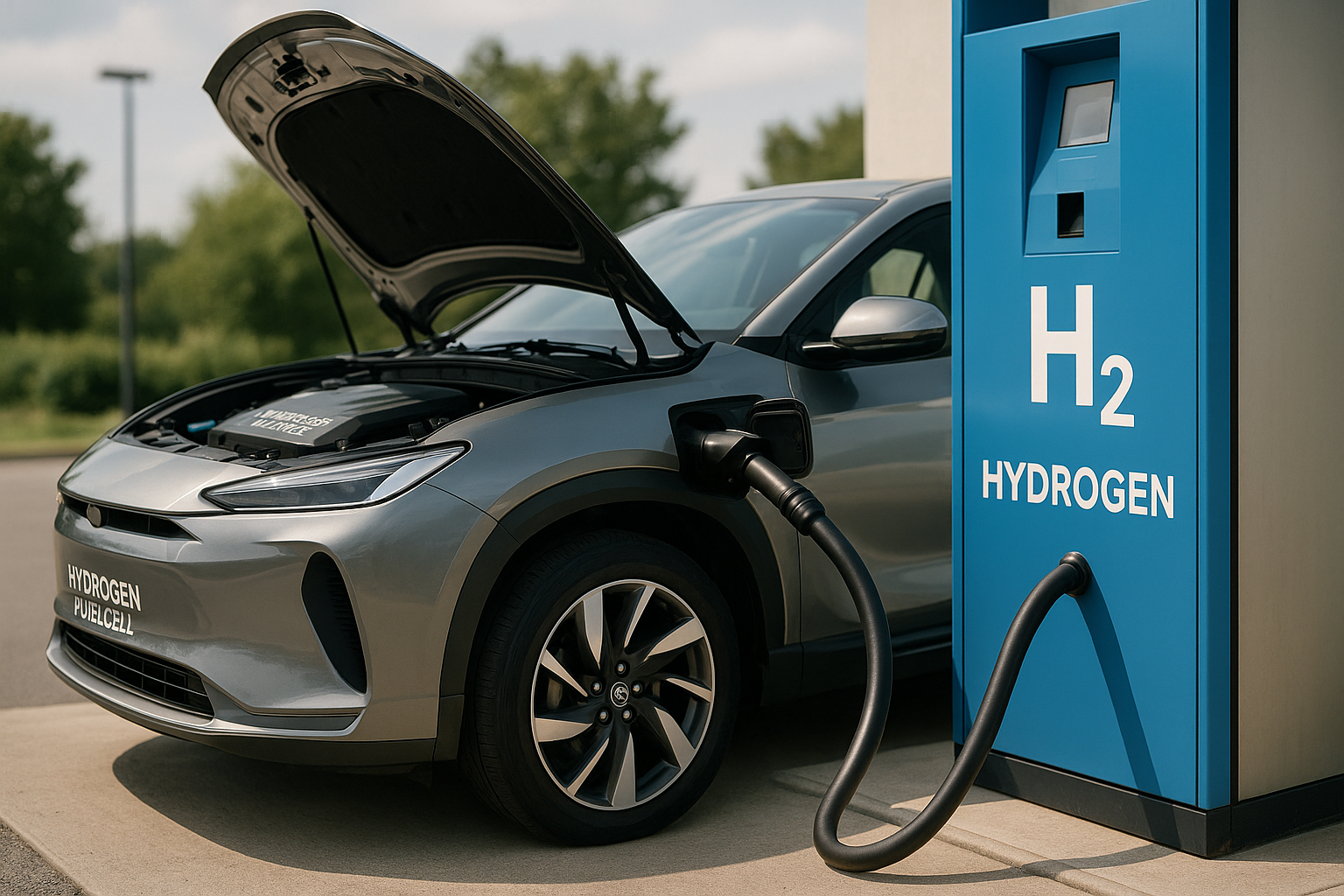Shifting Gears: Exploring the Resurgence of Hydrogen Fuel Cell Technology in Automotive Industry
Hydrogen fuel cells, known for their potential to revolutionize the automotive world, are not a new concept. The first hydrogen fuel cell was developed in the 1800s, but it wasn't until the mid-20th century that this technology began to gain traction as a viable energy source for vehicles. Despite early promise, the high cost, lack of infrastructure, and competition from other energy sources hindered their mainstream adoption.

The Modern Revival: An Industry Shift
Fast forward to the present, and there’s a renewed interest in hydrogen fuel cell technology. This resurgence is primarily driven by the automotive industry’s collective shift towards sustainability and the escalating demand for zero-emission vehicles. Giants like Toyota and Hyundai are leading the charge, investing billions in hydrogen fuel cell technology development.
The Impact: Pros and Cons
The primary appeal of hydrogen fuel cells lies in their ability to produce electricity without emitting harmful pollutants. They also boast a higher energy density than batteries, meaning vehicles powered by hydrogen can travel longer distances without refueling. However, challenges remain. The cost of producing and storing hydrogen is high, and the infrastructure for refueling stations is lacking.
Expert Backed Insights: A Promising Future
Despite these challenges, many experts believe in the potential of hydrogen fuel cells. They argue that advancements in technology and investment in infrastructure could make them a viable alternative to battery electric vehicles. For example, advancements in electrolysis technology are making it increasingly feasible to produce hydrogen using renewable energy.
The Practical Application: Hydrogen Cars Today
Today, several hydrogen fuel cell vehicles are on the market. Toyota’s Mirai and Hyundai’s Nexo are leading models, offering impressive performance and range. These cars serve as testaments to the potential of hydrogen technology, offering a glimpse into a future where cars run on the most abundant element in the universe.
In conclusion, hydrogen fuel cells represent an exciting frontier in the automotive industry. While they face significant challenges, their potential benefits - zero emissions, high energy density, and use of an abundant natural resource - make them a technology worth watching. As the automotive industry continues to evolve, it will be fascinating to see the role hydrogen fuel cells play in shaping the future of transportation.




